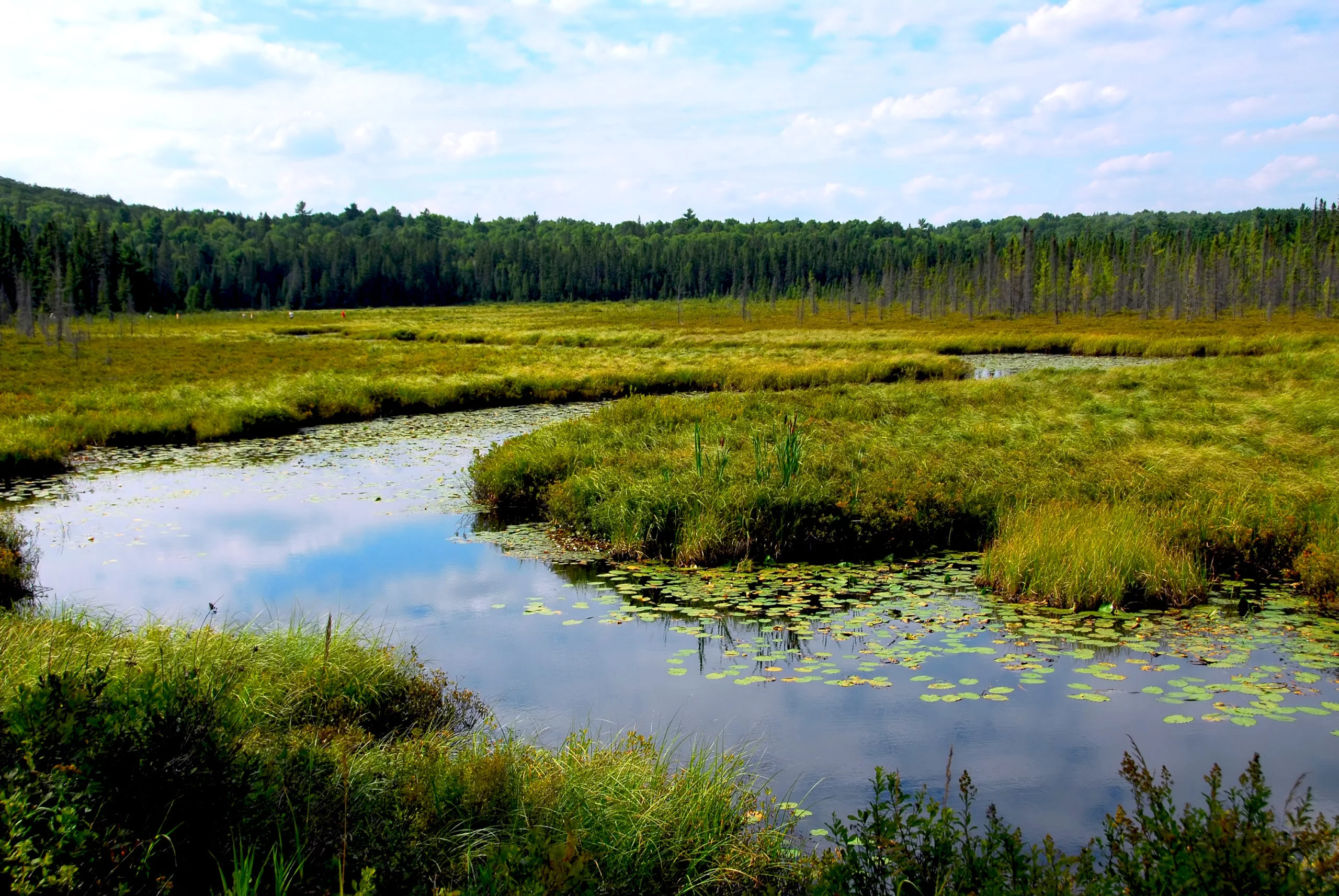Businesses should be required to report on their nature risks, says new report

Date:
A new report by think tank Green Alliance calls for the government to set a timeline for mandatory reporting by companies to motivate them to invest in nature restoration. This new reporting would make visible for the first time the impact UK businesses have on nature, the extent of their dependence on it and the nature-related risks they face.
As well as holding businesses accountable, the report says the UK needs a new economic indicator to enhance or supersede gross domestic product (GDP). GDP estimates the market price of an asset or activity to represent its value to the economy. This means it obscures the value of natural assets. New Zealand and Canada are ahead of the UK in revising their indicators of economic success to reflect nature’s economic importance.
The UK is one of the most nature-depleted countries in the world. This asset damage and the impact of nature degradation worldwide is predicted to suppress GDP by as much as six per cent by the 2030s [1]. Polling shows that a majority of the public in England think big companies and the government aren’t doing enough to protect the natural environment. [2]
The report highlights the extent of government and businesses’ failure to value nature and the need to do more to scale up investment in nature restoration. The government set a goal in 2023 of £1 billion in private finance for nature every year by 2030 [3]. In 2022, private sector investment was only £95 million [4].
The UK’s economic system allows companies to use and deplete nature with no incentive for them to preserve natural assets for the future. This threatens the government’s growth mission because a thriving economy depends on a healthy natural environment, as was highlighted in 2021 by the landmark Dasgupta Review, commissioned by the Treasury [5].
Heather Plumpton, head of research at Green Alliance and an author of the new report, said:
“The UK’s severe and continuing nature decline is evidence our economic system is dysfunctional. We perversely destroy natural assets we depend on heavily for future growth and national wellbeing. Businesses rely on nature to make profits but don’t necessarily value it properly, as incentives to look after it aren’t embedded in the system. We’ve set out immediate and longer term steps ministers should take to recognise nature’s proper value, so we can begin turn the tide on nature loss here in the UK.”
Notes to editors:
- The 2021 Dasgupta Review emphasised the risks to the economy of ignoring nature as an economic asset. The government is yet to act on its findings proportionately.
- Green Alliance’s report presents a menu of actions in response to the Dasgupta Review’s findings. Embargoed copies of this report, released at 17:00 on Tuesday 18 March 2025, are available to journalists. Please contact Tom Jeffery on 07354 848 168 or tjeffery@green-alliance.org.uk.
- New Zealand’s Living Standards Framework and the Canadian Index of Wellbeing provide both a composite index of the net contribution of the economy to wellbeing, and a dashboard covering separate indicators such as living standards and the state of the environment in more detail.
References:
- Green Finance Institute, 2024, ‘Assessing the materiality of nature-related financial risks for the UK’
- Natural England, 2023, ‘People and nature survey analysis findings report’
- HM Government, March 2023, Nature markets: a framework for scaling up private investment in nature recovery and sustainable farming
- UK Infrastructure Bank, 2022, ‘Our role in natural capital markets’
- HMT, 2021, ‘The Economics of Biodiversity: the Dasgupta Review’